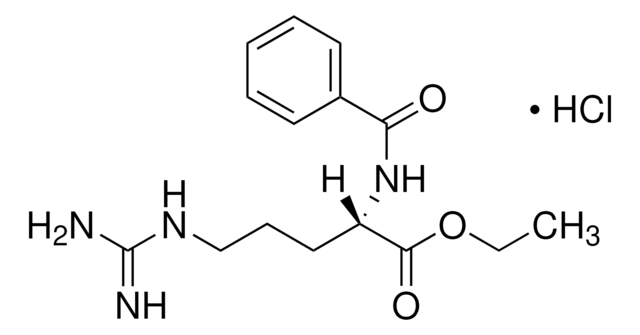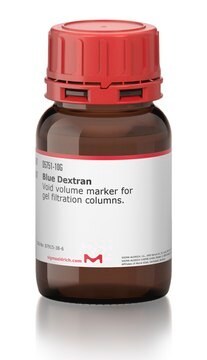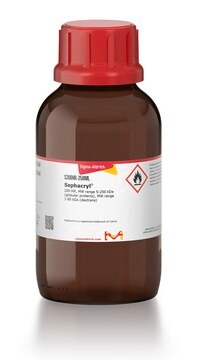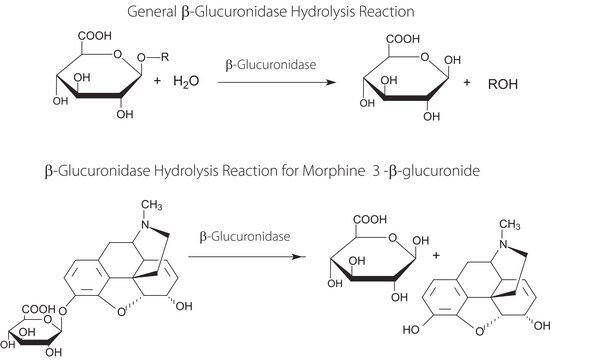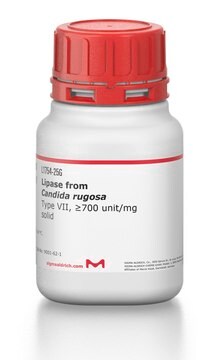10103241001
Roche
Carnitine Acetyltransferase
from pigeon breast muscle
Synonym(s):
acetylcarnitine transferase
Sign Into View Organizational & Contract Pricing
All Photos(1)
About This Item
Recommended Products
biological source
pigeon breast
Quality Level
form
suspension
specific activity
~80 units/mg protein (At 25 °C with CoA and acetyl-D,L-carnitine as the substrates.)
packaging
pkg of 1 mL (5 mg)
manufacturer/tradename
Roche
technique(s)
analytical sample preparation: suitable
color
white
optimum pH
7.3-8.0
solubility
water: miscible
NCBI accession no.
UniProt accession no.
application(s)
life science and biopharma
foreign activity
Acetyl-CoA-deacylase 0.01%
storage temp.
2-8°C
Gene Information
pigeon ... CRAT(102084317)
General description
Acetyl-CoA:carnitine O-acetyltransferase
Carnitine acetyltransferase is a mitochondrial enzyme essential for fuel utilization. It is present in the mitochondrial matrix and peroxisome. It is involved in the fatty acid metabolism. It facilitates conversion of acetyl-CoA and carnitine to acetylcarnitine and CoA respectively. This conversion facilitates peroxisomal β-oxidation by importing acetyl group for mitochondrial oxidation.
Quality
Contaminants: <0.01% acetyl-CoA-deacylase ion in storage buffer.
Physical form
Suspension in 2.9 M ammonium sulfate solution, 50 mM K-phosphate, 1 mM EDTA, pH approximately 7.5
Other Notes
For life science research only. Not for use in diagnostic procedures.
Storage Class Code
12 - Non Combustible Liquids
WGK
WGK 1
Flash Point(F)
No data available
Flash Point(C)
No data available
Choose from one of the most recent versions:
Already Own This Product?
Find documentation for the products that you have recently purchased in the Document Library.
Customers Also Viewed
Y Elgersma et al.
The EMBO journal, 14(14), 3472-3479 (1995-07-17)
Carnitine acetyltransferase (CAT) is present in mitochondria and peroxisomes of oleate-grown Saccharomyces cerevisiae. Both proteins are encoded by the same gene, YCAT, which encodes a protein with a mitochondrial targeting signal (MTS) at the N-terminus, and a peroxisomal targeting signal
Jiankang Liu et al.
Proceedings of the National Academy of Sciences of the United States of America, 99(4), 1876-1881 (2002-02-21)
We test whether the dysfunction with age of carnitine acetyltransferase (CAT), a key mitochondrial enzyme for fuel utilization, is due to decreased binding affinity for substrate and whether this substrate, fed to old rats, restores CAT activity. The kinetics of
Our team of scientists has experience in all areas of research including Life Science, Material Science, Chemical Synthesis, Chromatography, Analytical and many others.
Contact Technical Service


